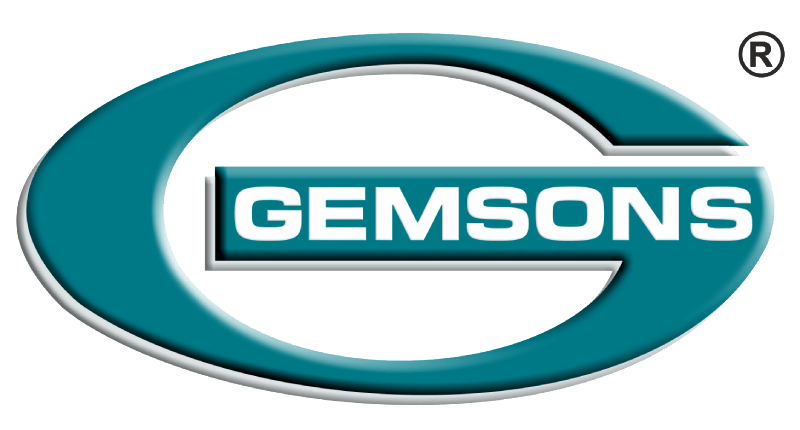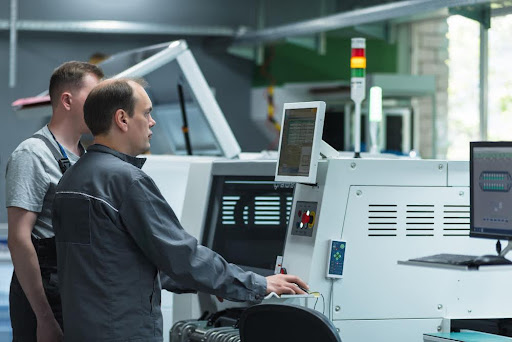Identifying the appropriate CNC machined components manufacturer is of paramount importance to industries that depend on precision parts, be it aerospace, automotive, medical, or electronics. In India, where the CNC machining business has expanded hugely, the decision can be daunting. But once you know what to look for, you can confidently find a manufacturing partner who produces quality, consistency, and long-term value.
Here is a step-by-step guide to assist you in selecting the appropriate CNC machined components manufacturer in India.
1. Assess Technical Competence
The very first aspect to think about is the technical competence of the manufacturer. Check out a facility that has high-end CNC machines like 3-axis, 4-axis, and 5-axis machining centers. The manufacturer should also have experience in handling a variety of materials like stainless steel, titanium, brass, and notably aluminium machining, extensively used in aerospace and automotive industries because of its lightweight and resistance to corrosion.
Verify if the company provides end-to-end solutions such as turning, milling, drilling, grinding, and surface treatments. This way, you receive complete solutions under one umbrella without having to depend on various vendors.
2. Industry Experience and Specialization
Experience is of paramount importance in precision machining. A firm with several decades of experience is more likely to comprehend the intricacies of close tolerances, the characteristics of the materials, and the needs of specific applications. Also, check if the manufacturer has worked with your particular industry.
If you require aluminium machining for automotive or aerospace parts, ensure the manufacturer has experience working with such projects. Experience with applicable industry standards, such as AS9100 for aerospace or ISO 13485 for medical, is a further bonus.
3. Quality Standards and Certifications
Precision parts are only as good as the quality control behind them. Always select a CNC machining partner who takes international quality standards seriously. Certifications AS 9100 are key indicators of an organized, quality-focused manufacturer.
A sound quality management system entails inspection processes, traceability, material certification, and testing. Ensure the manufacturer employs sophisticated inspection equipment like CMM (Coordinate Measuring Machine), profile projectors, and other metrology tools to ensure dimensional accuracy.
4. Machining Capability in Aluminium Components
Aluminium machining demands a special set of tools and processes. Aluminium is a ductile metal and difficult to machine with high accuracy unless appropriately handled. Select manufacturers that are experienced in high-speed CNC machining of aluminium and can produce tight tolerances and high finishes. The manufacturer must also be aware of the particular grades of aluminium and how each handles various machining conditions.
This capability is vital if your application requires parts to be lightweight and strong, such as common aerospace, automotive, and medical device applications.
5. Scalability and Volume Flexibility
Depending on your project, you may require a small batch of prototypes or a large production run. It is advisable to select a manufacturer that can scale up operations according to your requirements without compromising lead times or quality. Ask them about the current production capacity, batch size flexibility, and lead time commitments.
Also, verify if they provide post-machining operations such as ultrasonic cleaning, heat treatment, anodizing, and surface finishing to provide extra value to the completed component.
6. Customer Support and Communication
Clear and responsive communication is a sign of professionalism. A good manufacturer will not only understand your requirements but also offer design suggestions, material advice, and manufacturing optimizations. They should provide regular updates and be open to collaboration through every phase of production.
Check for feedback from their existing customers or request references to better understand their service quality and delivery reliability.
7. Competitive Pricing and Transparency
Although price shouldn’t be the determining factor, it does come into play. Ask for detailed quotations from the shortlisted manufacturers. A good supplier will provide open pricing and costing structures that include material, machining hours, quality inspections, and shipping. Avoid quotes that are well below the market average, as they might cut corners on the material or the machining quality.
Conclusion
Selecting the appropriate CNC machined components manufacturing partner in India is a strategic choice that affects your end product’s quality, performance, and reliability. Carefully evaluating technical competency, domain experience, quality control, and aluminium machining skills will help you achieve long-term value and successful project realizations.
One such reliable name in this domain is Gemsons Precision Engineering Private Limited (GPEPL). With a history of more than 38 years of CNC machining, AS 9100:2018 certification, and focused domain expertise in precision aluminium machining projects, Gemsons has emerged as the go-to partner for world-leading engineering companies in aerospace, medical, and industrial markets.


